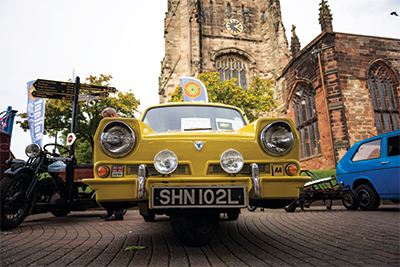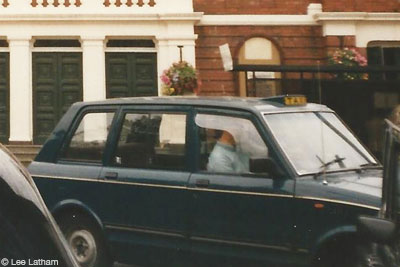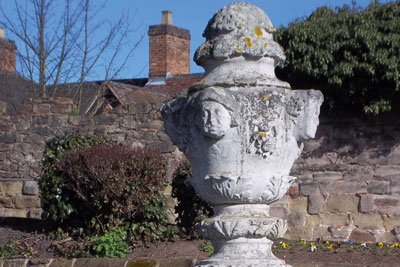Industrial Past



By 1670 Tamworth was one of the biggest towns in the Midlands, enjoying the privilege of a weekly market granted by Royal Charter. Already in a good position for trade with its bridges across the River Anker and River Tame and well-linked canal network, Tamworth had grown rapidly by the 19th century, with a thriving coal industry, tape mills, ceramics and brickworks. When the railways arrived in 1847 they brought even more prosperity and other industries emerging since then have included agricultural machinery, paper-making, textiles and aluminium, as well as the Reliant car production.
Robin Reliant Car
The Reliant Motor Company was established in Kettlebrook in 1935 when the first Reliant three wheeler appeared. The Reliant Robin was manufactured for 65 years. Other cars built in Tamworth include the Regent from 1950, the Regal appearing in 1952 (a passenger vehicle for four people), the Ant (a pick-up vehicle), the Rebel (an economy four wheeled car), and a new sports car, the Scimitar in 1964. Reliant took on the Bond Bug (a sports three wheeler) from 1970 to 1974, followed by the Kitten in 1975 the Fox in 1983 and the Rialto in 1982. More information about Reliant.
Metrocab
In 1989, Reliant bought the Metrocab taxi name and design from Metro Cammel Weymann (MCW), whose parent company had run into difficulties connected with the massive channel tunnel project. Reliant moved the Metrocab production to Tamworth until the company closed in 1991 when the coachbuilder Hoopers brought Metrocab out of receivership
Gibbs and Canning
Gibbs and Canning Ltd of Glascote was founded in 1847. Clay was an offshoot of the coal-mining industry and this company pioneered the manufacture of architectural terracotta for big contracts. It employed hundreds of people and was one of the four main British producers. Products ranged from tiles used on buildings (for example the 1936 Lloyds bank in Tamworth) to statues, urns, planters, gravestones and chimney pots. When the factory closed in the 1950s it was best known for practical items such as sinks, drainage pipes and jars. More information about Gibbs and Canning.
Hamel
Hamel's Mill was a tape weaving mill founded by the son of a French refugee, Etienne Bruno, who became Mayor of Tamworth twice. The mill was demolished in the 1980s and a Job Centre was built on the site, later replaced by housing.
Thompson & Southwick
First established in the 19th Century. From a small works alongside the canal near Basin Lane, it continued to expand to become one of the best known general engineering and iron foundry works in the country. Its reputation was built by its service to the mining and allied industries. The company manufactured machinery such as pulleys, pit winding gear and cages, conveyors, coal bunkers and bespoke castings for companies around the world. During World War II, they played an important role in operation PLUTO, a secret mission which installed an oil pipeline between England and France for the D-Day landings.
George Skey & Co.
Wilnecote Works was founded in 1860 by George Skey & Co and became notable for its products throughout the country. The Works started when George Skey first took over the coal mine in the area and found seams of fire clay. Wilnecote Works produced everything from gas stoves to ginger beer bottles. These were exported around the world and some artefacts have been returned to Tamworth from Belgium.
The company rapidly expanded and by 1864 they were producing 300 tons of coal and an equal amount of clay every week. As a result of the local supplies of coal and clay, Belgrave and Dosthill has a long tradition of brick and pipe manufacture. Stoneware Limited was perhaps the largest works in the area. Although the old works has been demolished, bricks are still being made near the location of the original site on Rush Lane. It is now Baggeridge Brick Ltd and stands on the other side of the railway to the old works. The George Skey war memorial that can be seen at the entrance to Morrisons car park.





